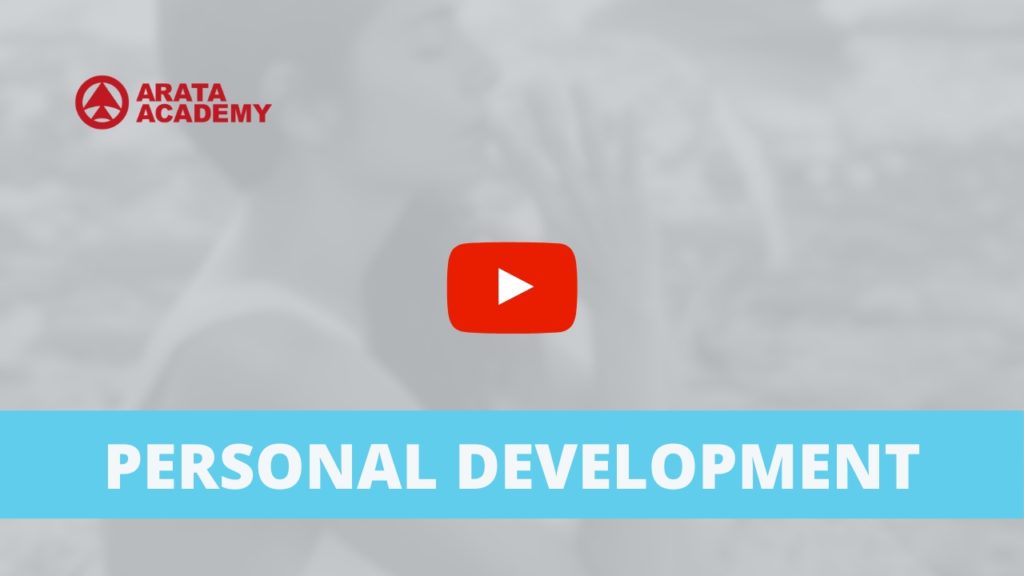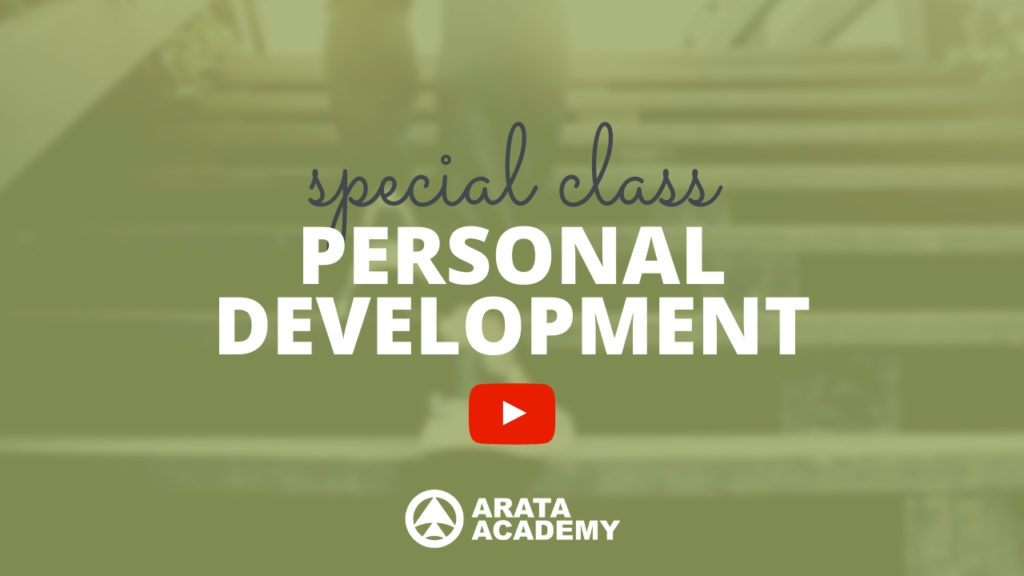Hello! Seiiti Arata. It is important that you choose the right point of view because all meaning depends on this. The meaning of any event depends on how we frame it. To reframe something is to change the meaning, by choosing a different perspective or frame.
Let’s say you go to the beach expecting a sunny weekend. But then it rains for the entire day. Some people would get upset or sad, but instead, you remember how you always wanted to call some old friends, but you always used the excuse of “Oh I don’t have time”. Well, now you have time! So you get your phone and reconnect to all those people and have a great time. You changed your perspective, you reframed.
1. Change your perspective, change your results
When we change the frame we change the meaning and, therefore, our responses and behaviors. Guess what: our results will also be different.
Reframing is how we can start changing our behavior towards high performance as we discussed in the previous video (http://arata.se/hello21).
2. We are not repressing or denying the reality
From the rainy weekend example, we are not pretending the rain is not there. We are also not lying to ourselves: if there would be a sunny weather, of course we would go outdoors! But we also accept that this is not the reality. When you fight reality, you always lose. So we accept there’s nothing we can do to change the weather. So we are not in a state of denial, which would lead to anxiety.
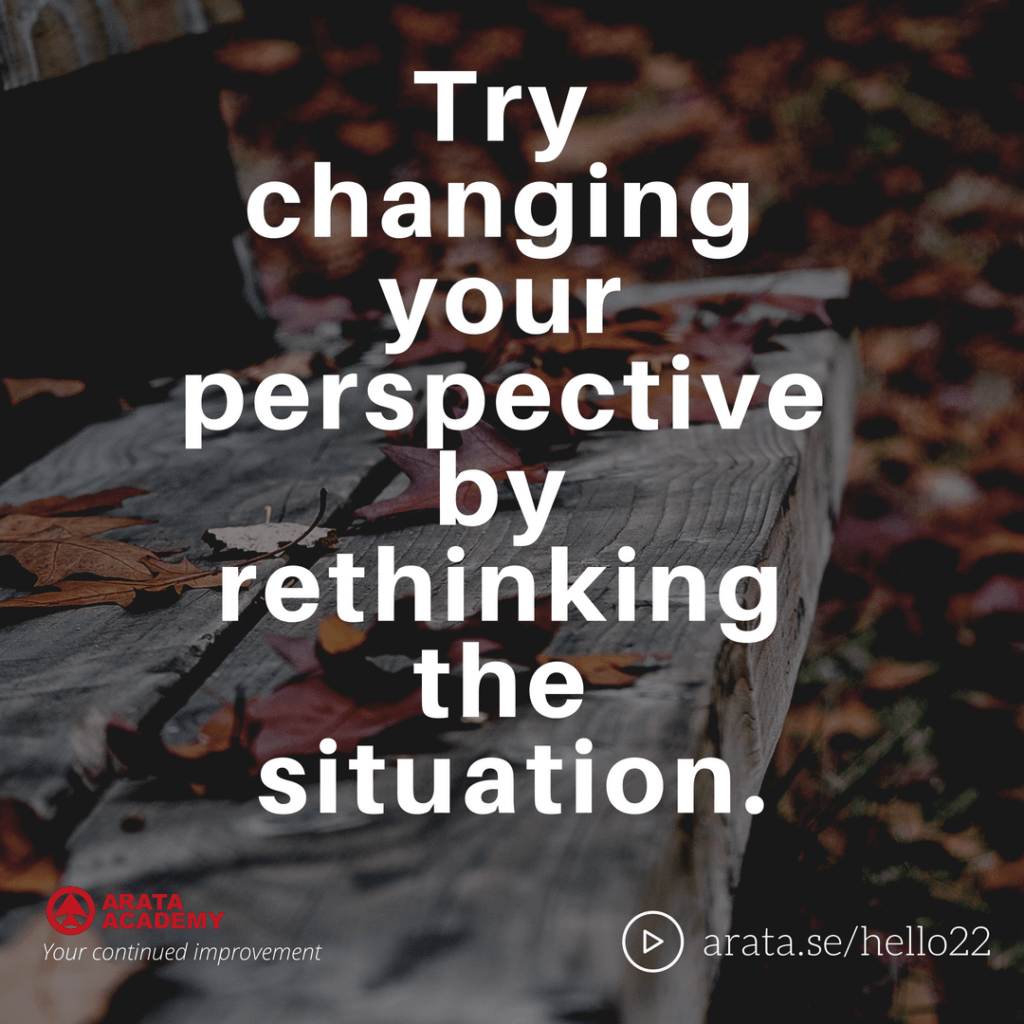
Instead, we are embracing the current situation and simply choosing the best angle to meet our needs. Just complaining about how unlucky we are would be playing the victim – and that would not be very useful. So we remember there are plenty of other things we can choose which will be more gratifying. We get the phone and call those old friends, or we finally finish that e-book that we keep forgetting to read. Or we even take a drive to the market, and get ingredients to experiment new recipes.
Change perspective > change behaviour > change results.
3. Life basically is an exercise in problem-solving.
Problems are opportunities to learn from and move forward. We have to learn how to use problems to our advantage and have an openness to failure. Problems and failure should not stop us: they could actually motivate us to keep searching for best solutions!
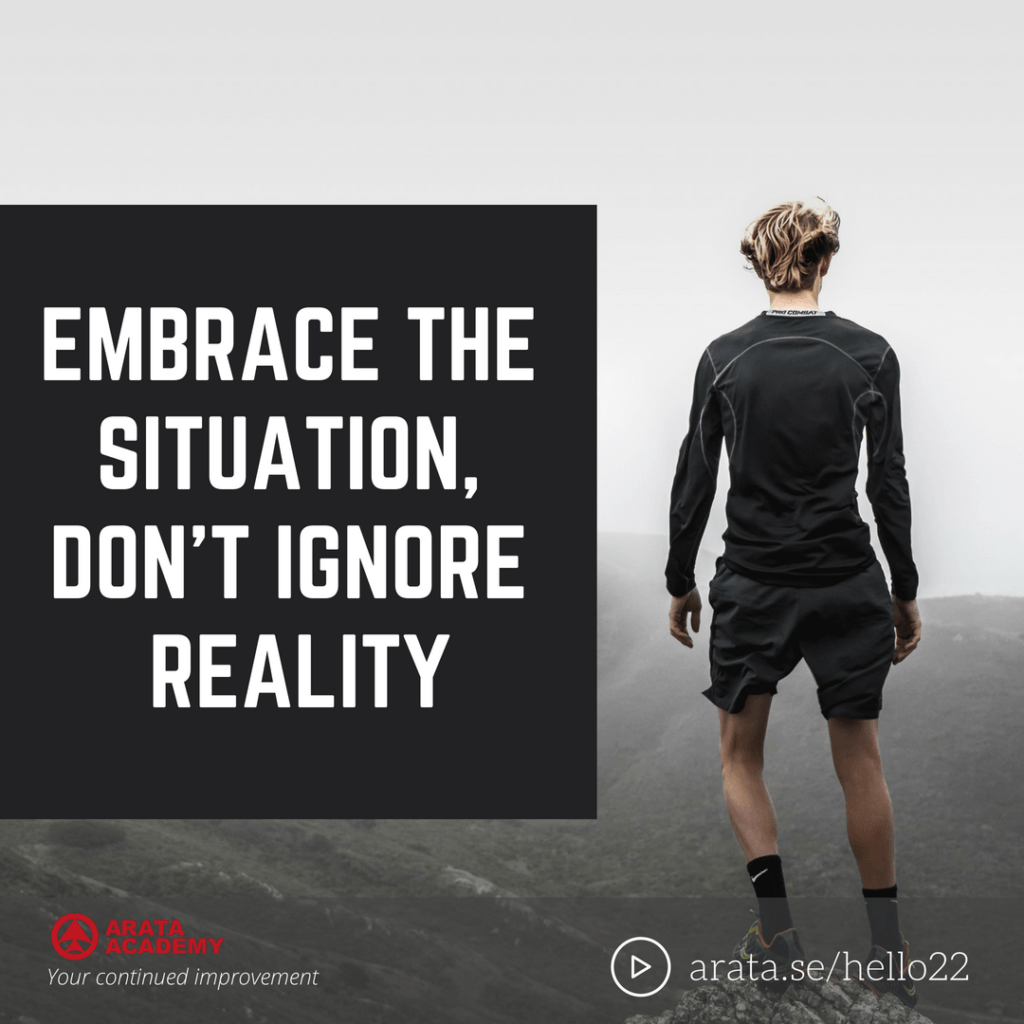
4. Meaning and labels
Today we are understanding how we assign meaning to everything because our perception is subjective. In other words, meaning is not objective, absolute or fixed in time since it’s a matter of perspective.
Just like no situation is perceived the same way by different people, the same goes for individuals. We are not one-dimension characters (that includes me, you, your boss, your spouse, your children). We saw this in the video ‘Please Don’t Label Me’
When we assign a fixed meaning to everything, we fall into the trap of looking at an individual who experiences some failure as a “loser” (that can also include that person you see in the mirror – be careful!). Or experience a challenging event and label it as a catastrophe. Is it useful to use these labels? Or can we find other perspectives?
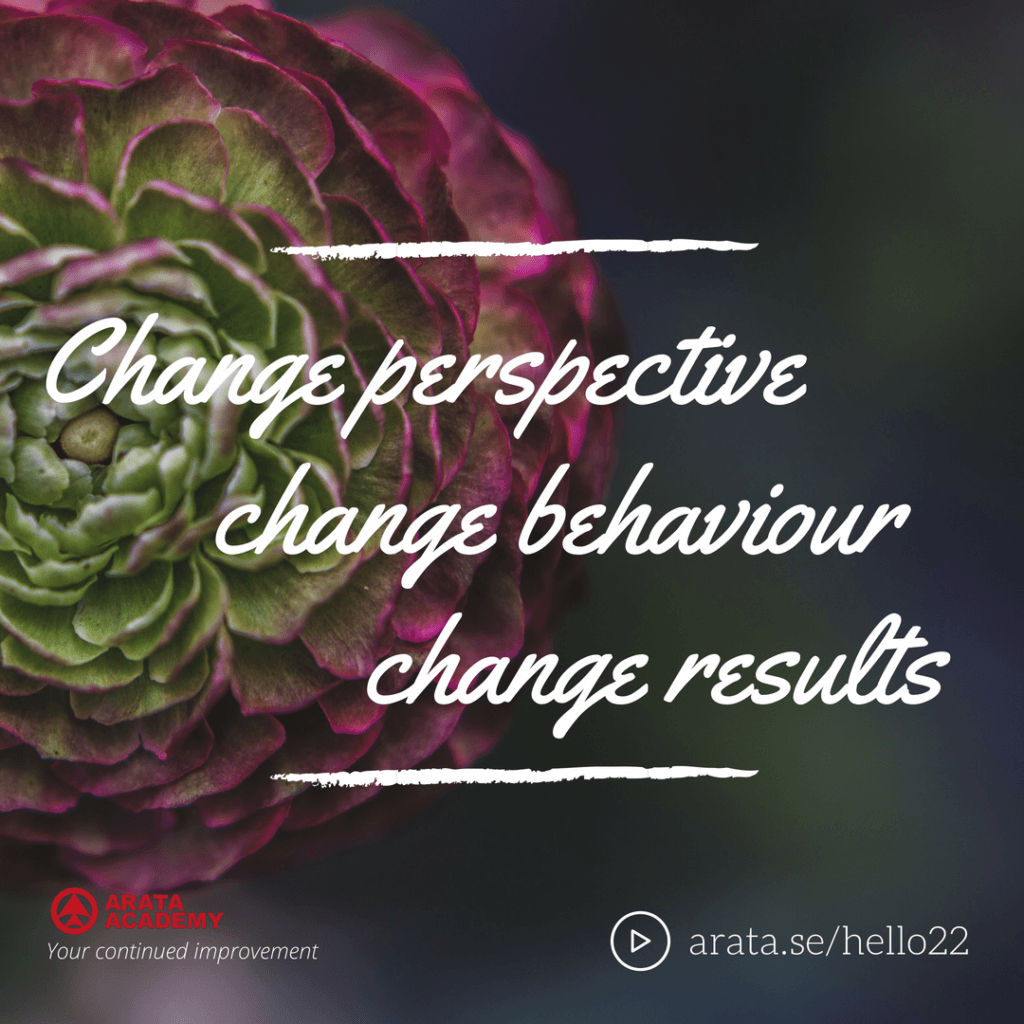
If you are a perfectionist, you may be afraid that the people around you are keeping track of all your failures and successes (and the failures become particularly embarrassing and shameful). But the reality is that people are more concerned about themselves rather than following our steps. And even if they do notice our flaws and try to assign negative labels on us, it should be irrelevant to our sense of identity because the meaning of our lives comes from inside.
Yet, if you want to understand the difference between how you see yourself and how others perceive you, ask a few friends to write down the top three aspects of your behaviour. Here, you are willingly asking to be labelled because you may want to compare their responses to your own list based on your self image.
Take note of words that appear many times and those that are not matching, then think about which aspects of your behaviour you would like to change and those you want to keep.
If you enjoyed the ideas from this video you may want to check a book.
Labels are interesting because they serve to have a very quick assessment of what’s happening, but this is also the same reason why we should be careful.
Notice how labels such as “losers”, “evil people”, “lucky” or any fixed one-dimension label can block our best perception of the world.
We don’t want to be trapped into the binary thinking about who’s wrong and who’s right. This just opens a chasm among us, creating anger and the need to prove ourselves better than others. Not very useful.
What do you think of the idea that “Hell is other people”?
If you have already subscribed to our channel, you will notice how we are slowly building our capacity to overcome perceived obstacles by reframing our perspective. Next week we will talk about the good and the bad side of positive thinking.
